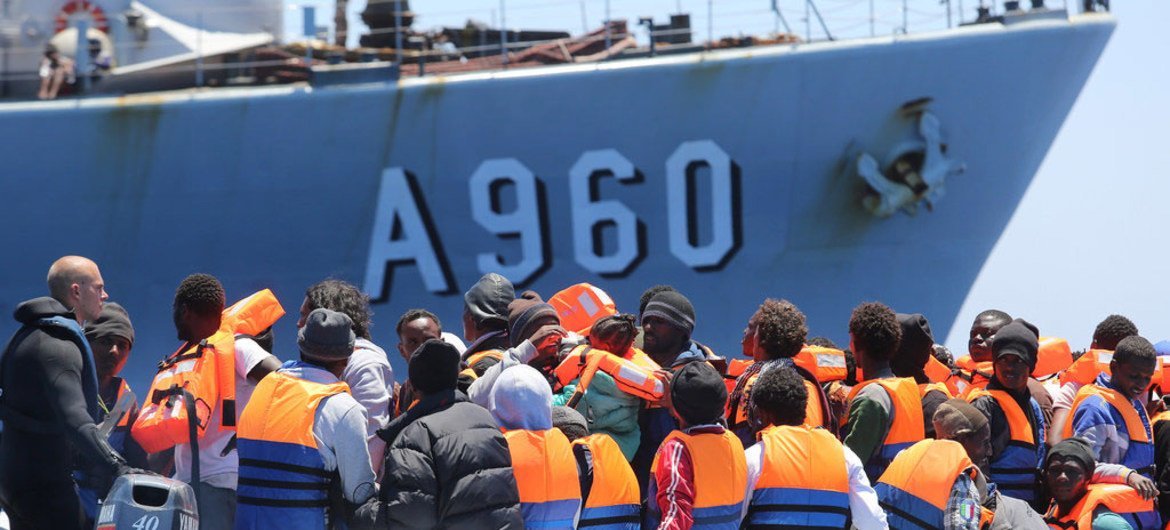The EU-Tunisia Agreement: Human Rights Concerns and Implementation Challenges

The European Union announced a comprehensive memorandum of understanding with Tunisia, focusing on five strategic pillars with a target to strengthen regional cooperation through a multi-faceted collaboration focusing on different aspects, including clean energy exchange and migration management. These pillars create new avenues for cooperation in economic development, investment and trade, energy sector advancements, regularising migration, and fostering people-to-people ties. Trans-Mediterranean connections are enhanced by the Medusa cable, bringing high-speed broadband to the region and aiming to connect 11 countries around the Mediterranean by 2025, and the ELMED inter-connector, an undersea electricity cable linking Tunisia to Italy for energy dissemination.
While this is being presented as a strategic step toward growth and cooperation, the agreement has raised significant human rights concerns from the Council of Europe Commissioner for Human Rights, Dunja Mijatović.
The memorandum includes a substantial €100 million investment to enhance Tunisia's border security, search and rescue operations, anti-smuggling efforts, and management of migrant returns. In a statement to the Council of Europe on 17 July 2023, the Commissioner for Human Rights highlighted that the agreement contains only "very general language on human rights" without any concrete safeguards against misuse or misappropriations.
The Commissioner called on the Council of Europe member states to press for immediate clarification of human rights safeguards and reassess the implementation of migration-related aspects until adequate protections are established.
These, according to Mijatović, should possibly include:
- The publication of a comprehensive human rights risk assessments
- Full transparency in the implementation of funding provision
- Independent monitoring mechanisms to assess human rights impact
- Ability to suspend activities that could negatively impact refugees, asylum seekers and migrants
Commissioner Mijatović warns that “failure to establish clear and concrete safeguards in migration cooperation activities will only add to the worrying trend of human rights being sacrificed to European states’ attempts to externalise their responsibilities.”
The agreement was announced by EU President Von der Leyen and Tunisian President Saied at a press conference attended by Italian Prime Minister Meloni and Dutch Prime Minister Rutte. Italy will be seen as playing a strategic role as a key Mediterranean first port of entry into the EU.

